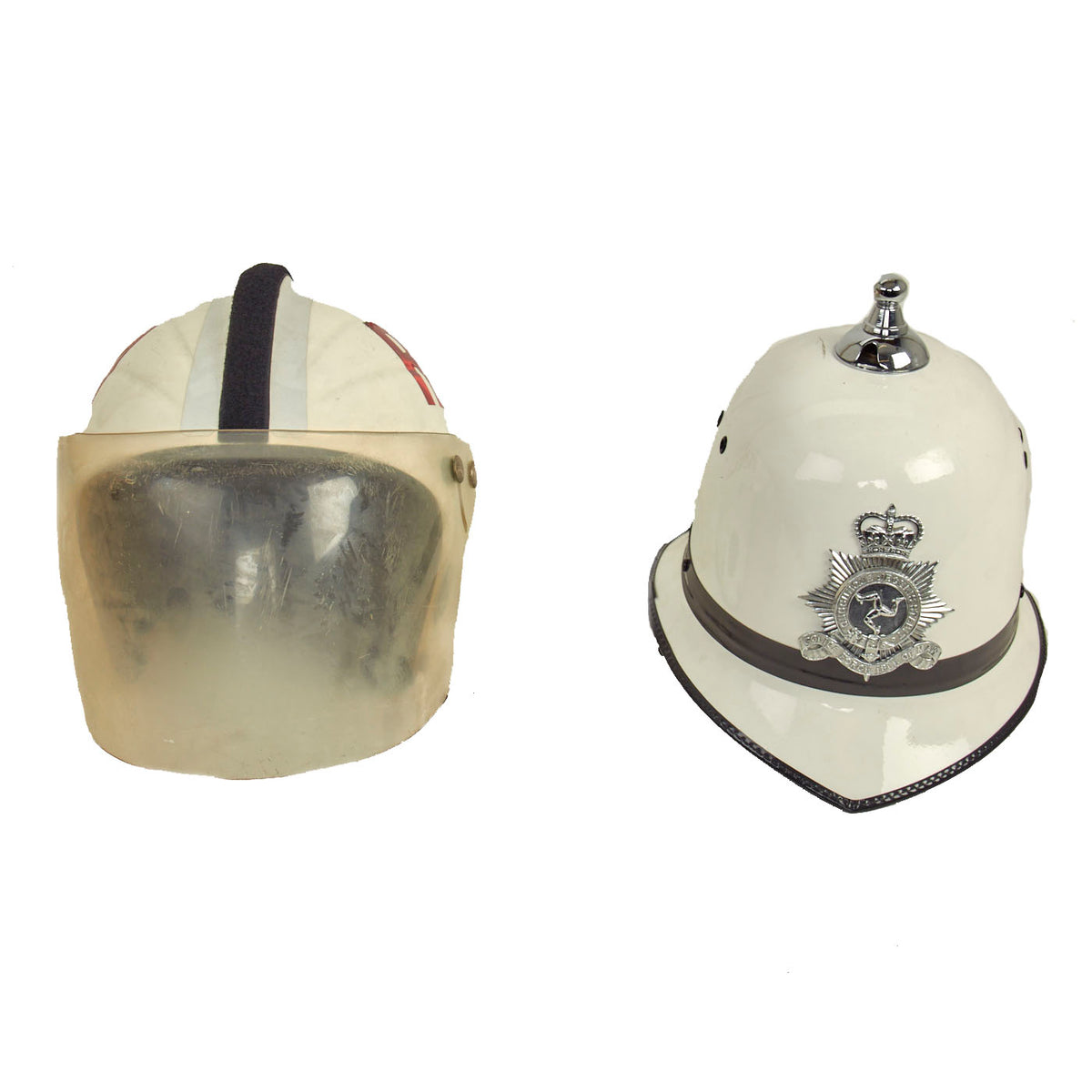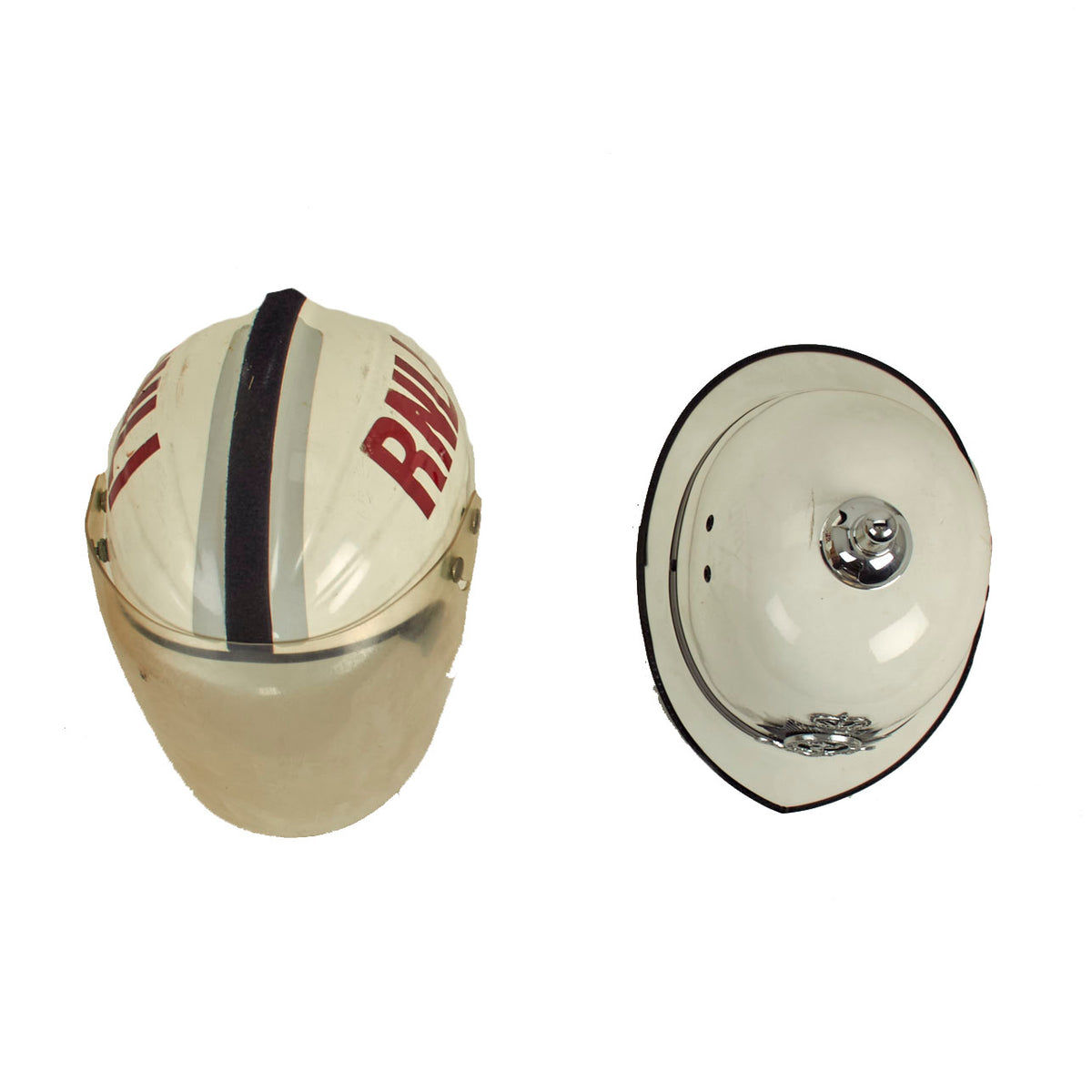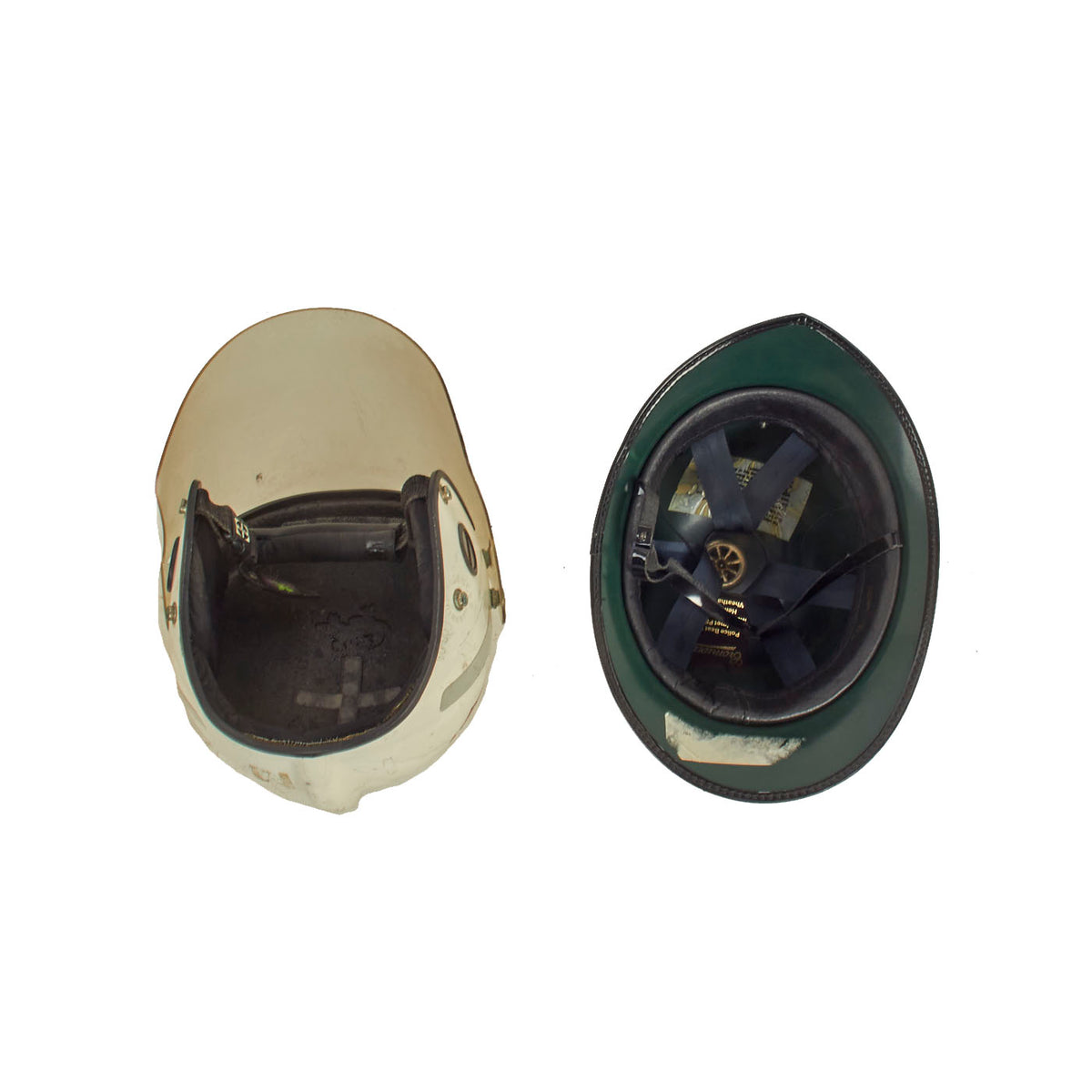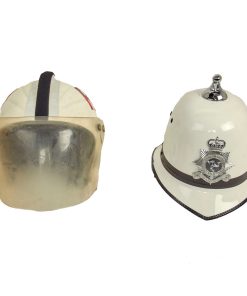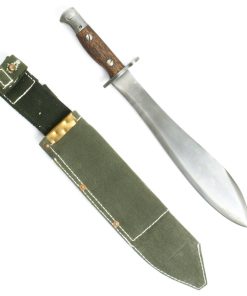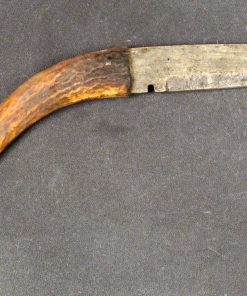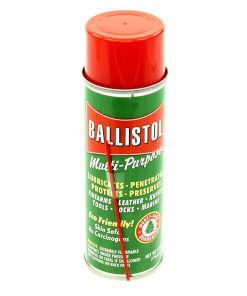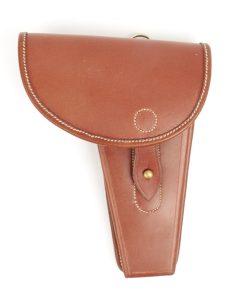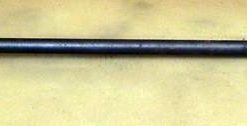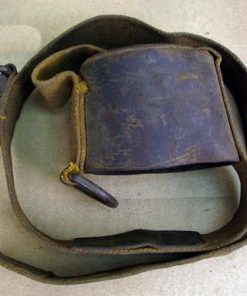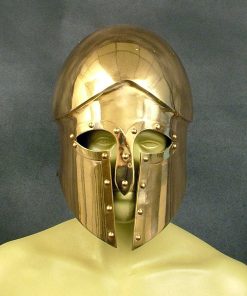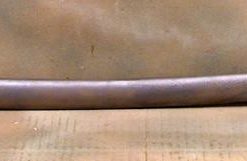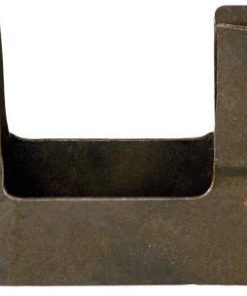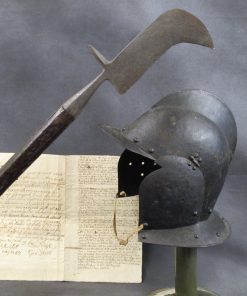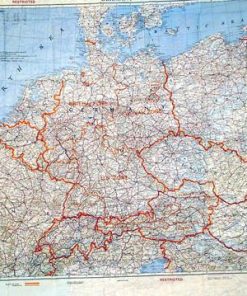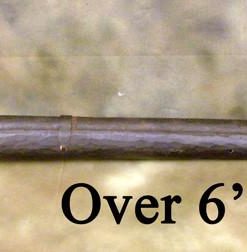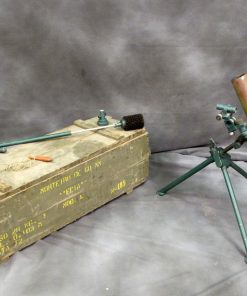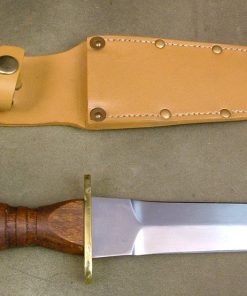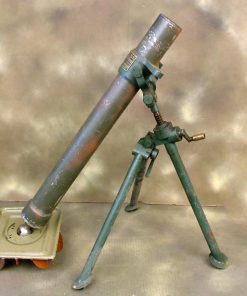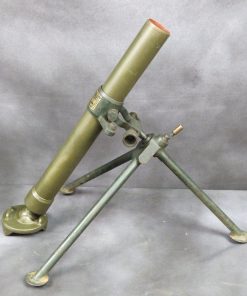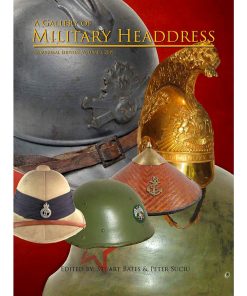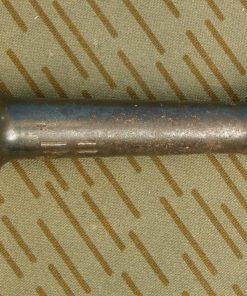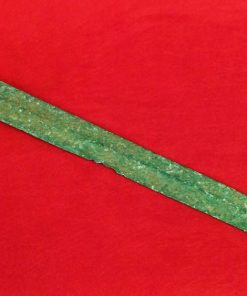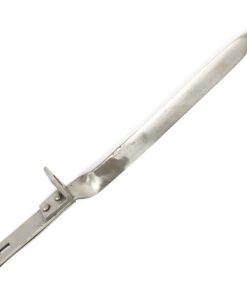Original British & British Crown Dependency Countries Police and Royal National Lifeboat Institution Helmet Lot- Formerly Part the Tower of London Yeoman Warders Club Collection – 2 Items Original Items
$ 295,00 $ 118,00
Original Items: Only One Lot of 2 Available. IMA recently acquired a collection of headgear from the Yeoman Warders (aka “Beefeaters”) Club located at the Tower of London. The club has a strict policy of allowing only members of the Yeoman Warders and their guests entry. It has become a tradition over the years for visiting guests with any current or prior military or police service to leave one of their pieces of headgear. Over the years this collection has grown too large, leaving the Warders to liquidate the collection to IMA! Making this a truly exclusive offering!
The Helmets In This Lot:
– Isle of Man Police Force “Beat Duty” Helmet: The Isle of Man Constabulary (Manx: Meoiryn-Shee Ellan Vannin) is the national police service of the Isle of Man, an island of 85,000 inhabitants, situated approximately equidistant from Northern Ireland, Wales, Scotland and England.
The force has about 236 officers in its establishment. As the Isle of Man is not a part of the United Kingdom, the Constabulary is responsible to the Minister of Home Affairs of the Isle of Man Government. Nevertheless, the service volunteers itself for inspection by His Majesty’s Inspectorate of Constabulary (HMIC) for England and Wales.
The force is split into four Neighborhood Policing Teams (NPTs). Each NPT is controlled by an inspector who has established a partnership with the local community to help solve issues affecting the local area.
– UK Royal National Lifeboat Institution RNLI Protective Helmet by Gecko: Gecko Head Gear has been Manufacturing Lifeboat Helmets for Lifeboat Crews Worldwide for Over Twenty Five Years. This includes the RNLI, who was instrumental in the development of the original Gecko open face helmet; a purpose designed lifeboat helmet providing a motorcycle helmet level of protection in a lightweight and buoyant design.
The Royal National Lifeboat Institution worked alongside Gecko to develop the first-ever open face marine safety helmet and they assisted in the development of safety standard PAS 028. The RNLI have been equipping their lifeboat crews and safety watercraft users with Gecko helmets for over twenty years.
The Royal National Lifeboat Institution (RNLI) is the largest charity that saves lives at sea around the coasts of the United Kingdom, the Republic of Ireland, the Channel Islands, and the Isle of Man, as well as on some inland waterways. It is one of several lifeboat services operating in the same area.
Founded in 1824 as the National Institution for the Preservation of Life from Shipwreck, soon afterwards becoming the Royal National Institution for the Preservation of Life from Shipwreck, under the patronage of King George IV. On 5 October 1854, the institution’s name was changed to its current name (RNLI), and in 1860 was granted a royal charter.
The RNLI is a charity in the UK and in the Republic of Ireland and has enjoyed royal patronage since its foundation, the most recent being Queen Elizabeth II until her death on 8 September 2022. The RNLI is principally funded by legacies (65%) and donations (28%), with the remainder from merchandising and investment. Most of the members of its lifeboat crews are unpaid volunteers.
The RNLI is based in Poole, Dorset. It has 238 lifeboat stations and operates 444 lifeboats. RNLI lifeguards operate on more than 200 beaches: the lifeguards are paid by local authorities, but the RNLI provides equipment and training. The institution also operates flood rescue teams nationally and internationally, the latter prepared to travel to emergencies overseas at short notice.
Considerable effort is put into training and education by the institution, particularly for young people; in 2013, more than 6,000 children a week were spoken to by education volunteers about sea and beach safety, and over 800 children a week received training. Crews rescued on average 22 people a day in 2015. The institution has saved some 140,000 lives since its foundation, at a cost of more than 600 lives lost in service.
Comes more than ready for display.
Fast Shipping with Professional Packaging
Thanks to our longstanding association with UPS FedEx DHL, and other major international carriers, we are able to provide a range of shipping options. Our warehouse staff is expertly trained and will wrap your products according to our exact and precise specifications. Prior to shipping, your goods will be thoroughly examined and securely secured. We ship to thousands clients each day across multiple countries. This shows how we're dedicated to be the largest retailer on the internet. Warehouses and distribution centres can be located throughout Europe as well as the USA.
Note: Orders with more than one item will be assigned a processing date depending on the item.
Before shipping before shipping, we'll conduct a thorough inspection of the items you have ordered. Today, the majority of orders will be delivered within 48 hours. The delivery time will be between 3-7 days.
Returns
The stock is dynamic and we cannot completely manage it because multiple stakeholders are involved, including our factory and warehouse. So the actual stock may alter at any time. It's possible that you may not receive your order once the order has been made.
Our policy is valid for a period of 30 days. If you don't receive the product within 30 days, we are not able to issue a refund or an exchange.
You can only return an item if it is unused and in the same state as the day you received it. You must have the item in its original packaging.
Related products
Uncategorized
Uncategorized
Uncategorized
Uncategorized
Uncategorized
Uncategorized
Armored Burgonet Helmet & Polearm from Scottish Castle Leith Hall Circa 1700 Original Items
Uncategorized
Uncategorized
Uncategorized
Uncategorized
Australian WWII Owen MK1 Machine Carbine SMG Custom Fabricated Replica with Sling Original Items
Uncategorized
Uncategorized
Uncategorized
Uncategorized
Uncategorized
Angolan Rebel 1970s era 60mm Inert Display Mortar from Angolan Civil War Original Items
Uncategorized
Uncategorized
Uncategorized
Uncategorized
